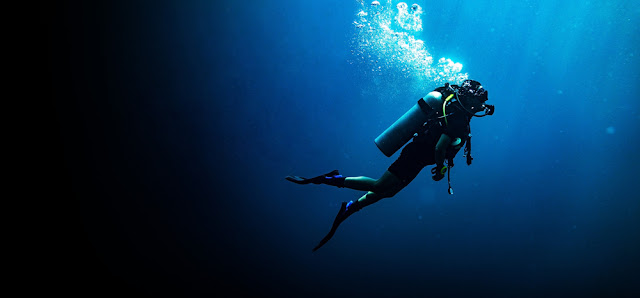A Scuba Refresher Checklist to Help You Get Back into Diving
When was the last time you went scuba diving? If you want to go on a thrilling scuba dive in the sea, the diving company where you book your trip will ask you when your last dive was.
If it’s been over a year since your last dive and you don’t have adequate experience, red flags should be flying. If your local dive shop has asked you to take a scuba refresher course, we’re here to prepare you.
Keep this scuba diving refresher guidebook handy for your next dive:
- Prerequisites for Scuba Refresher Courses
It would help if you read up on the prerequisites for the refresher course. The first and foremost prerequisite is physical fitness, as you will carry a hefty tank and other dive equipment. The second criterion is undamaged hearing equalization capability. If you are having problems hearing, you should see an audiologist. If you are unable to equalize, you cannot dive. A health declaration denying the presence of any chronic diseases is one of the mandatory medical criteria. Last, you must be at least ten and have completed four training dives. Certification as an open-water diver will suffice.
- Mandatory Tips
There are many abilities a scuba diver has to have, but these are the basics.
- It’s crucial to inspect your gears. Ensure that your straps are secure and that your regulator, BCD, and SPG are in good operating order.
- Check the functionality of your diving partner’s buoyancy compensating device (BCD), weights, and regulators. Ensure their oxygen is on before diving in with them; even seasoned divers sometimes fail to do this.
- Holding Breath
Don’t. When climbing, remember to take deep breaths. An air embolism might develop if you try to hold your breath while flying. Air gas embolisms are particularly dangerous since they can induce cardiac arrest, stroke, convulsions, and even death.
- Hand Signals
The ability to dive signals is impressive, but it can also be quite stressful. The fundamentals of scuba diving, such as the “down,” “okay,” and “not okay” signs, are reviewed in a refresher course. How much air is remaining in your tank is another skill you’ll acquire.
- A Breath of Fresh Air
The importance of breathing with a diving partner is covered in another review session. This is useful in the event of a diving emergency.
- Mask Clearing
There has to be a quick review of mask-cleaning procedures. Spend some time in the pool getting used to swimming with a wet mask. If you take the time to learn the fundamentals of cleaning your mask underwater, you’ll have a lot more pleasurable diving experience.
- Safety Stops
The standard safety stop for recreational scuba divers is three minutes at five meters. Without a dive computer, your safety and comfort while underwater will be in the hands of your dive master.
- Equipment for a Refresher Course in Scuba Diving
Fins, a dive mask, a wet suit, and a dive computer are all essential pieces of equipment that you should have if you plan on scuba diving on your own. This demonstrates your diving expertise and ability to relax and enjoy the dive.
If you’ve been away from scuba diving for a while, a refresher course is necessary, and you want to brush up on the fundamentals.Confidence-building scuba diving training and refresher courses from PADI are also available at Adventure Scuba, LLC. If you want to begin diving right away, our Scuba Lessons Fort Worth are an excellent option.Reach out to us immediately!
Source URL: A Scuba Refresher Checklist to Help You Get Back into Diving
.jpeg)


.png)
Comments
Post a Comment